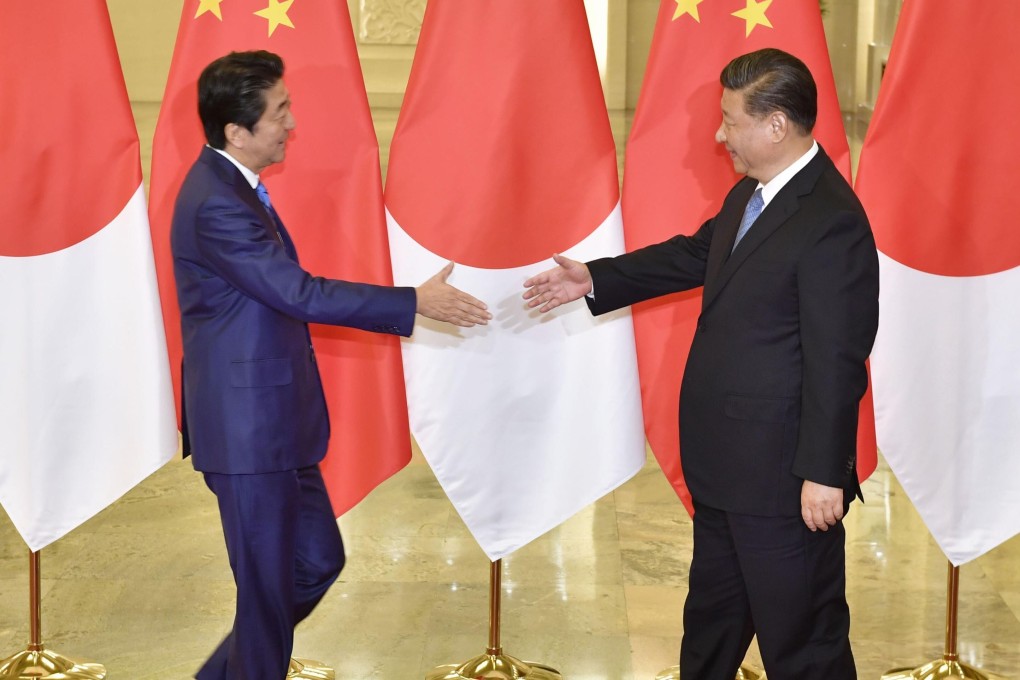Japan could be stabilising influence in US-China relations, says ambassador
- In Japanese television interview Beijing’s envoy urges Tokyo to use unique position as Asian neighbour and Washington ally
- But relations between China and Japan are facing their own pressures on a number of fronts

Kong Xuanyou described Japan as “one of the most important stakeholders in Sino-US relations” and it “should play a role in stabilising relations between the major powers”, he said during an interview with Fuji TV’s live Prime News. His remarks were also published in Chinese on the embassy’s website on Saturday.
“Only with such a stable relationship can China and the United States coexist peacefully and achieve common development.”
Kong said Japan should “reflect deeply” on how to manage its ties with other nations, despite its security alliance with Washington. “How to deal with the US should depend on Japan’s own interests. To Japan, its alliance with the US doesn’t mean everything.”
Many Asian countries, which rely on China for economic prosperity but on the US for security, fear getting caught in the middle as tensions between Beijing and Washington continue to escalate beyond their original trade and technology disputes to new fronts, including Hong Kong, Taiwan, Xinjiang and Tibet.